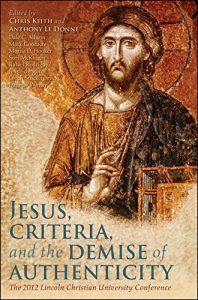Right for the wrong reasons

A few years back I was on the phone with an acquaintance who is as far to the right politically as I am to the left. At the time the Democratic-led Senate was trying to push through the Affordable Care Act. So he asked me what I thought about the initiative. It turns out we both disapproved.
I explained that I’m for a single-payer solution and that the ACA (now either derisively or proudly called “Obamacare”) would introduce a system that forces citizens to become customers of insurance companies. And since they had dropped the public option from the legislation, I couldn’t support it.
He said he was against it because it’s “socialized medicine.” It isn’t. Sometimes people can agree on something for entirely different reasons. Sometimes you can be right for the wrong reasons.
As I told my brother when he pleaded with me not to vote for Obama because he’s a Marxist! — “You disapprove of Obama because you think he’s a socialist; I disapprove of him because I know he isn’t.”
I was thinking of those conversations the other day when I looked at my notes for Raphael Rodríquez’s “The Embarrassing Truth about Jesus: The Criterion of Embarrassment and the Failure of Historical Authenticity” (in Jesus, Criteria, and the Demise of Authenticity). On the last page I had scribbled in frustration: “Rodríquez: Right for the wrong reasons.”
[See Neil’s review of this book, starting here.]
This book, which tantalizes with its title but disappoints with its content, missed a great opportunity to get to the roots of the criteria problem. Instead, the authors were content merely to graze the surface, while taking every opportunity to redirect the blame to the Formgeschichte Frankenstein. Or should we call it the “Bultmann Bogeyman”? When the authors aren’t playing threnodies to the form critics, they’re singing paeans to Morna Hooker.
What do I mean by the “roots” of the criteria problem? Perhaps I can best explain by way of a parable.
Continue reading “The Parable of the Ropes — Getting to the Root of the Criteria Problem”
